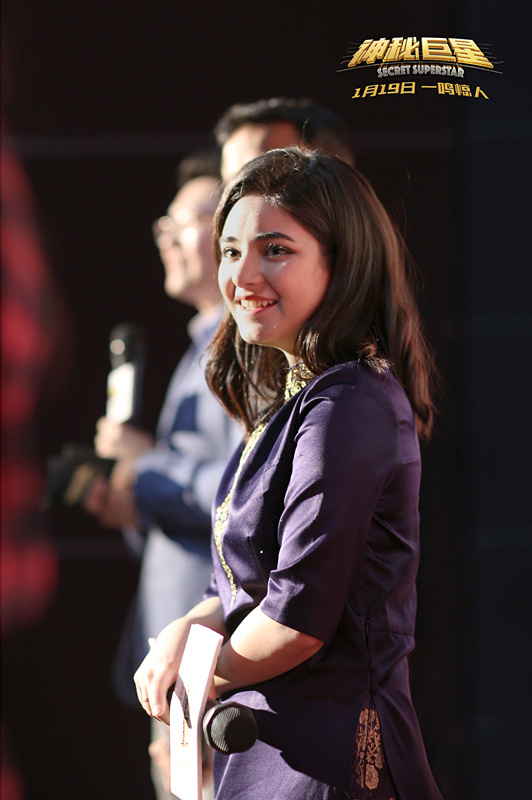Mishu magic


Chinese films have addressed social issues, too.
A Simple Life (2011) by Hong Kong director and actress Ann Hui on aging is critically acclaimed, as is Dearest (2014), on child kidnapping by her fellow filmmaker Peter Chan.
Last year, Vivian Qu's Angels Wear White, a film on sexual assault, made the international festival circuits from the mainland.
But some other socially relevant Chinese films have been "too literary", according to Jiang Yong, a Beijing-based film critic.
"Aamir Khan's films are more entertaining," Jiang says in the context of the genre.
"Chinese audiences appreciate his social responsibility as a filmmaker," he adds.
A series of "masterpieces" have made Khan an effective brand in China, in addition to his savvy marketing and film distribution.
The audience is also getting a bit bored with Hollywood films shown in China, according to Tan Fei, a filmmaker and film critic, who also lives in Beijing.
While it's still early to estimate if Hollywood's influence on the Chinese market is on the wane, the local audience's appetite for diverse cinema is definitely on show and is helping Khan.
In future an upward revision of the annual 34-film quota for foreign cinema in China might help make domestic films more competitive, Tan says.
Khan's success is also significant from the standpoint of Sino-Indian relations that are often constrained by the longtime border dispute.
The two analysts see him as a key cultural link.
"He is the best choice for goodwill ambassador," Tan says.
But will China's affinity for Khan translate to more Indian films making it big at the box office?
"It may not be easy to actually open the market for Indian cinema, because Aamir Khan is by far the only exception," Jiang says.
Related: Bollywood's Khan earns stardom in China




































